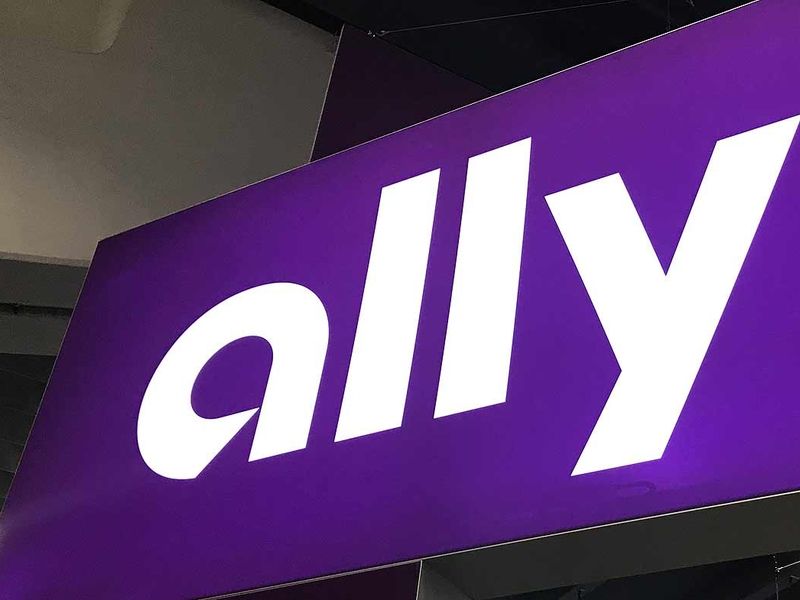
DETROIT — Ally Financial Inc. reported Friday an 82 percent jump in fourth-quarter net income driven by fewer reserves for credit losses and $1 billion growth in auto originations.
Ally, one of the largest U.S. auto lenders, reported net income of $687 million. Fourth-quarter adjusted earnings per share of $1.60 were the highest in company history, and revenue rose 21 percent year over year to $1.98 billion.
Ally’s earnings before taxes were impacted by a $34 million cost relating to establishing its charitable foundation and a $78 million cost it set aside for a pending legal settlement. The case, Ally Financial v. Alberta Haskins, et al., began as a dispute over a vehicle repossession and is pending in a Missouri court.
Ally’s fourth-quarter results displayed strong resilience to the economic toll of the coronavirus pandemic, which has killed over 400,000 Americans and skyrocketed unemployment.
This past year presented one of the most complex lending environments in Ally’s history, CEO Jeff Brown told investors Friday, though many of the company’s 2020 contingencies will help it navigate the year ahead.
“As we move into 2021, we’re well positioned for an outlook that indicates rising new and used auto sales as demand persists, OEM production that should gradually replenish depleted inventories on dealer lots, and some normalization of U.S. [used-vehicle] values from the record-setting levels we saw in the third quarter,” Brown said.
The company’s full-year net income of $1.08 billion represents a 37 percent decline from 2019.
Credit loss reserves
The lender set aside less cash in the fourth quarter for loans it believed would not be repaid amid the ongoing crisis. Ally closed the year with $102 million in total credit loss reserves, setting aside $174 million less than last year. The bulk of those reserves are slated to cover potential losses from auto loans and leases.
Ally set aside $903 million for loan losses in the first quarter of 2020, which suffered the brunt of coronavirus costs. Across 2020, provisions for credit losses increased $441 million over 2019’s figures.
Ally CFO Jenn LaClair said on a conference call with analysts the lender padded its reserves conservatively and could profit if the economy further stabilizes in 2021.
“We have not built any stimulus into our trajectory. We are well reserved,” LaClair said. “We’ve taken the pains in our income statement in 2020.”
Ally is projecting net charge-off rates, or the rate of loans the company expects will never be repaid, to accelerate in the second quarter, reaching a peak in the third and fourth quarters of this year.
Consumer auto originations of $9.1 billion were up 12 percent year over year, driven by growth in retail auto loan and lease business. Used-vehicle loans made up 52 percent of Ally’s auto originations in the fourth quarter, with $4.7 billion. Lease originations of $1.2 billion were flat from the fourth quarter of 2019, and new-vehicle originations rose 6.7 percent to $3.2 billion.
Ally decisioned 12.1 million auto applications in the quarter from 18,700 dealership partners — the highest number of dealership clients in the lender’s history.
Ally stock has been hitting all-time highs in recent days. Shares rose 1.7 percent to close Friday at $40.61.